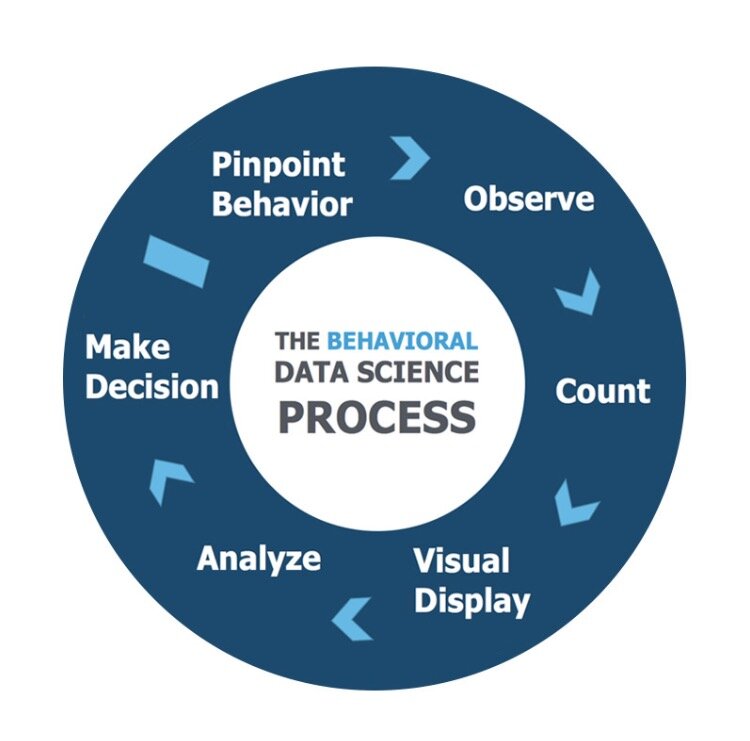Resources
Precision teaching
Precision Teaching is not a teaching methodology; rather, it is a data-driven decision-making system. Scores from learner performance are “dropped” into a Standard Celeration Chart (SCC) and trend lines are compared to the “aim line” (at least a “times 2” (x2) target). Decisions are made on how to proceed: 1) continue, 2) make a change, or 3) goal met - move on to the next skill. This process is performed immediately after performance timings (between 15 seconds to a full school day) to make decisions needed to help increase fluency of the targeted skill. Fluency tells us much more about the mastery of a skill.
Direct instruction
National Institute for Direct Instruction. More information will be provided soon. Follow the link provided for immediate additional information.
structured literacy
We use Structured Literacy/Teaching using the Knowledge and Practice Standards as developed by the International Dyslexia Association for the effective, research-proven remediation and treatment of Dyslexia and other learning disabilities.
other related website links:
Blindspots - “It is time for our educational system to evolve. Blind Spots: Why students fail and the science that can save them, explains how behavioral science and the Technology of Teaching can save our kids and assist our nation’s schools in finally breaking free from the vicious cycle of academic failure.”
The ChartBook - a complete online book about the Standard Celeration Chart
Understood - Structured Literacy
Educate podcast, Emily Hanford, APM
“psychological flexibility”
At Breakthrough Academy, we strive for “Psychological Flexibility” - a term used in Acceptance and Commitment Therapy, a practice that bridges Applied Behavior Analysis with Behavior Health. We combine ACT training and Social Thinking methodology to teach social cognition and awareness of value-based behavior. The developer of Social Thinking, Michelle Garcia-Winner, explains it not as teaching “social skills”, but as developing “thinking about you thinking about me.” Learners at Breakthrough Academy understand that his or her behavior gives someone else a thought about him or herself…and that thought motivates that other person’s behavior. So, put simply, learners learn “what I do can either keep you close or push you away.” Many of our learners can make friends, but struggle to keep them. Understanding their own value-based behavior and using “flexible thinking” makes a difference in social success!
“Forget what you know…”




